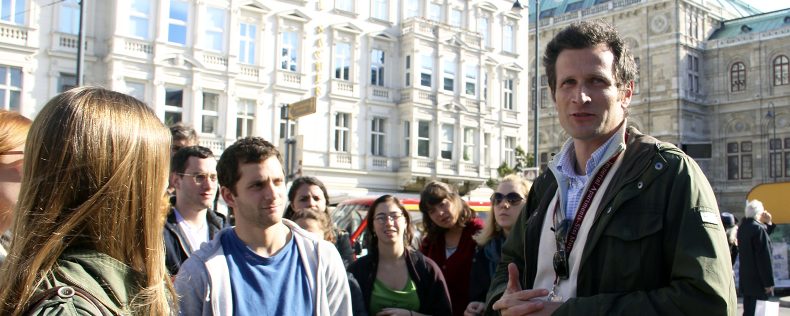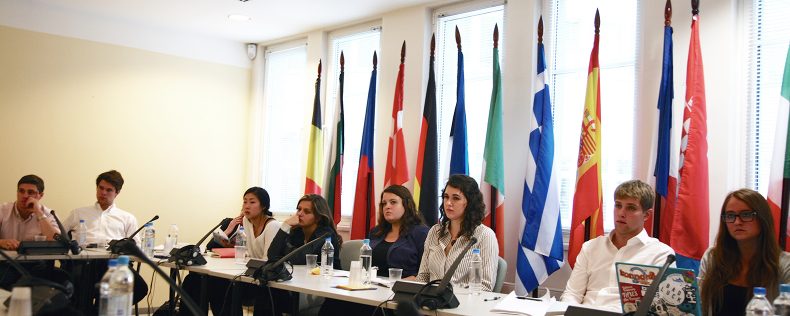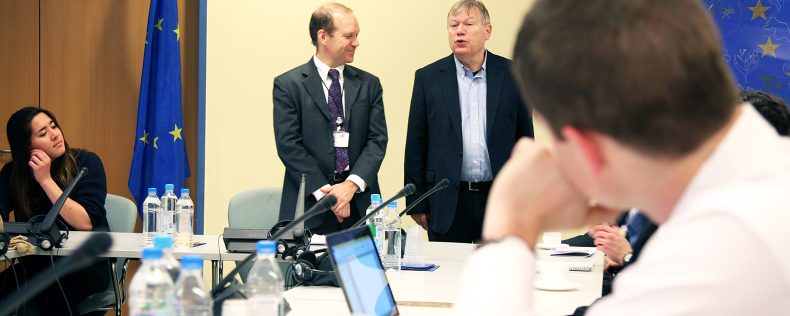This week-long Study Tour brings us to two central European capitals. Austria’s capital Vienna is a very international city: The city hosts a number of important international organizations, and more than 40% of the population were born abroad. Like Copenhagen, Vienna is highly ranked in surveys for quality of living. Geographically and economically, Austria is the bridge between Western and Eastern Europe. When the iron curtain fell, Austria-based companies were first in line to grasp new opportunities and to face new challenges. Despite close historical links to Germany, Austrian culture is distinct from that of the Northern neighbor.
Just some 60 km away from Vienna lies Bratislava, the capital of the Slovak Republic. Slovakia became an independent state after the peaceful dissolution of Czechoslovakia in 1993. In 2004, the country joined the European Union and in 2009 the Euro area. With a small population size comparable to Denmark’s, Slovakia is a leading European car exporter and a fast-growing economy. How did the transition from a planned to a marked-based economy play out? Why did Slovakia join the Euro area while other post-communist countries like Poland, Hungary and the Czech Republic so far didn’t? These are some of the questions we will study in Bratislava.
Tour Objectives
- Study globalization and European economies from two national perspectives - making Europe your classroom
- Learn about European integration in an “old” and a “new” EU country
- Learn about business strategies in Central and Eastern Europe
- Get an impression of the cultural wealth of the region
- Learn from Discussions with local experts and decision makers
Possible Activities
- Meet with Scandinavian companies doing business in the region
- Visit national public institutions like central banks, ministries, or universities; as well as economic research institutes
- Visit international organizations like OPEC or the Organisation for Security and Co-operation in Europe


